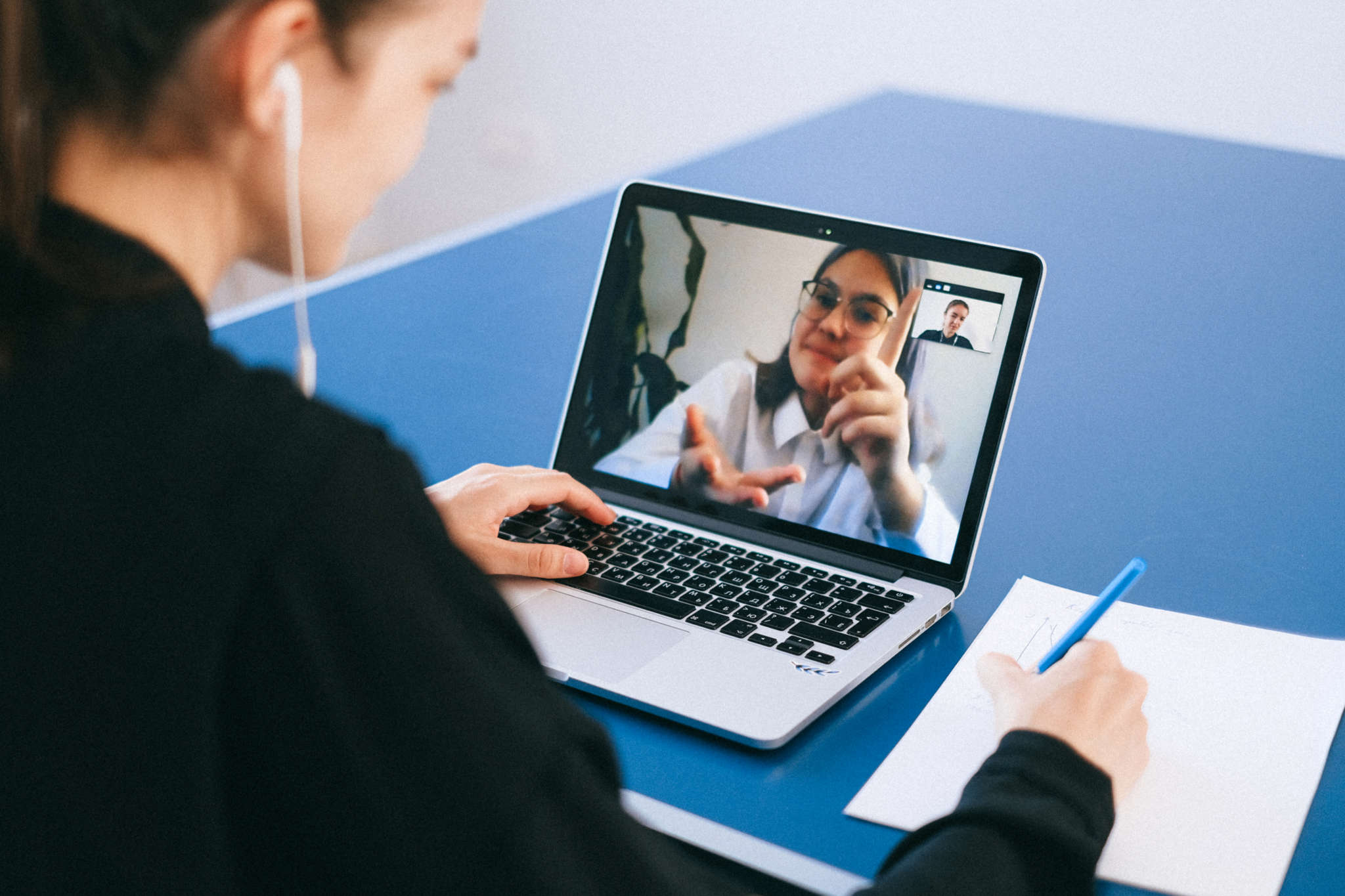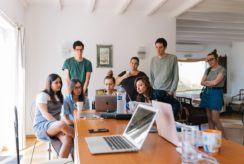Amongst numerous company situations, there is one constant: managerial practices must evolve
Since the beginning of the health crisis, different remote working models have been deployed within companies to manage the situation in the best possible way: from the most generalised with almost all employees working remotely, to restrictive models with a very limited number of remote working days and eligible employees, or also hybrid or alternating schemes.
However, even if remote working existed before the sanitary crisis, remote management was a novelty imposed on 43% of managers during the first lockdown.1 Managers were thus forced to suddenly integrate new parameters into their practices in order to continue to manage their teams, sometimes without any support: indeed, 64% of managers had already complained before the lockdown about a lack of support when remote working was introduced.2
Between 2019 and 2020, the percentage of managers who experienced difficulties in implementing remote working increased from 18% to 24%2. The situation had already accentuated the problems already encountered by managers by focusing a certain number of responsibilities on them (maintaining the level of commitment and motivation of the teams, guaranteeing quality of life at work by ensuring a balance between personal and professional life, the control of activities by leaving a sufficient level of autonomy and responsibility to the teams). This proved to be a very complex equation for many of them.
Managers, the new “conductor” of the office
The implementation of these different remote working models has led to questions around the meaning of the “traditional” office, with managers finding themselves on the front line, juggling on-site and remote employees, whilst increasing flexibillity.
In addition to the difficulty of managing teams divided between face-to-face and remote work, there is also an continuing need to manage individual and collective performance, sometimes in the continuity of existing methods, often in a break with past practices, which are now obsolete because they are closely linked to the notion of a “physical office” on company premises. To find out more about this subject, at the heart of distance management, we invite you to read our article where we discuss these issues “Performance management: a prerequisite for successful distance working“.
Experimenting to transform habits: finding the right direction, staying FOCUSED
Remote management does not imply a abandonment of traditional management rules, but aims to set up a new framework and new processes with the teams. It is about creating new ways of working to engage remotely and recreate a dynamic that takes into account both the company context (economic development and profitability) but also individual needs or requirements.
However, it is difficult to know where to start and, above all, how to go about it. One thing is certain: it is important to co-construct with the teams, to experiment and to have a step-by-step approach in order to set up solid working bases and guarantee a sustainable grasp of the new operating methods. This is what we have summarised through an experimental and concrete approach called “FOCUS” which aims to provide managers with concrete action levers (tips that translate the “how”) in relation to understanding the challenges of remote management.
Index
1Cadremploi – The impact of containment on management and labor relations
2Malakoff Humanis – Extended remote working Study 2020





